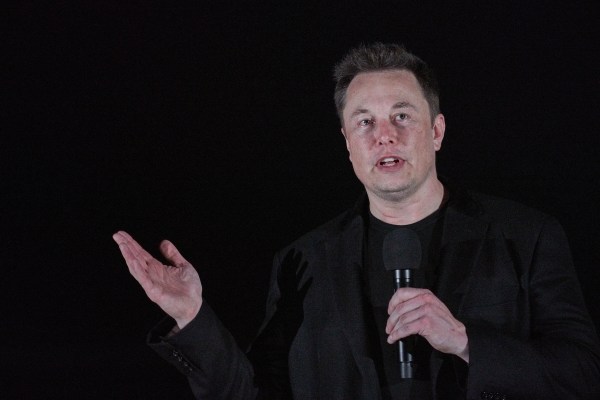Facebook receives plenty of pointed criticism from numerous corners, including for refusing to police political speech on Facebook, its seemingly endless string of privacy breaches and its apparent coziness with the Trump administration.
One of the platform’s most prominent critics, somewhat unexpectedly, is comic, writer and actor Sacha Baron Cohen. Indeed, his powerful speech to the Anti-Defamation League in November, characterizing Facebook as the “greatest propaganda machine in history,” quickly went viral. (We republished it here.)
Cohen isn’t done railing against Zuckerberg, however. Last Wednesday, he tweeted in frustration, “We don’t let 1 person control the water for 2.5 billion people. We don’t let 1 person control electricity for 2.5 billion people. Why do we let 1 man control the information seen by 2.5 billion people? Facebook needs to be regulated by governments, not ruled by an emperor!”
We don’t let 1 person control the water for 2.5 billion people.
We don’t let 1 person control electricity for 2.5 billion people.
Why do we let 1 man control the information seen by 2.5 billion people?
Facebook needs to be regulated by governments, not ruled by an emperor! pic.twitter.com/o4hNRFNpgt
— Sacha Baron Cohen (@SachaBaronCohen) February 5, 2020
On Saturday morning, Tesla founder Elon Musk responded to Cohen, himself tweeting “#DeleteFacebook it’s lame.”
#DeleteFacebook It’s lame
— Elon Musk (@elonmusk) February 8, 2020
It was short, sweet and to the point (and presumably buoyed Cohen).
One might imagine that Musk, who has always spoken his mind, has been emboldened of late thanks to the skyrocketing value of Tesla. But Musk has long been a critic of Facebook, tweeting in 2018 after deleting his companies’ Facebook pages that he doesn’t “like Facebook. Gives me the willies. Sorry.”
Musk and Zuckerberg have butted heads in the past over the future of artificial intelligence, too. In 2014, Musk reportedly met with Zuckerberg, researchers from Facebook’s AI lab and two other Facebook executives at Zuckerberg’s Palo Alto home in an effort to convince Musk that he was wrong about the potential dangers of AI. Musk wasn’t persuaded, calling Zuckerberg’s understanding of the future of AI “limited” in 2017.
